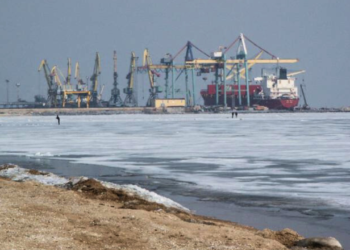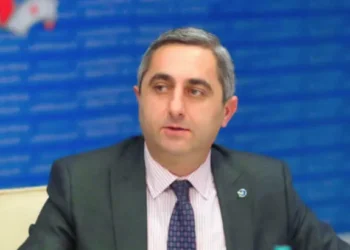The European Parliament has adopted new rules enabling the European Union to temporarily or permanently suspend its visa-free regime with third countries. The decision was approved during a plenary session in Strasbourg, with 518 Members of the European Parliament voting in favor, 96 against, and 24 abstaining.
The reform affects nationals of 61 countries who currently enjoy visa-free access to the Schengen Area for short-term stays of up to 90 days within a 180-day period. This list includes Ukraine, Georgia, Moldova, and countries in the Western Balkans, as well as several Latin American and Asian states.
Under the revised mechanism, the EU will be able to suspend visa-free arrangements if serious problems are identified, such as:
- a sharp increase in irregular migration,
- risks to public security,
- or a lack of cooperation from the partner country in returning irregular migrants.
Suspensions could be introduced temporarily, but in cases of persistent violations or long-term risks, the European Commission and the Council of the EU may decide to terminate the visa-free regime entirely.
The debate around tightening the visa suspension mechanism has grown in recent years, particularly due to concerns about migration pressure, as well as security issues linked to Russia’s war in Ukraine. Some EU states have called for stronger control over visa-free regimes with countries bordering Russia, fearing potential loopholes for sanctions evasion or infiltration.
With the new rules now adopted, the EU gains broader tools to monitor and, if necessary, restrict travel privileges for partner countries, making compliance with migration and security cooperation a key condition for preserving visa-free access.
Image: gov.ge














